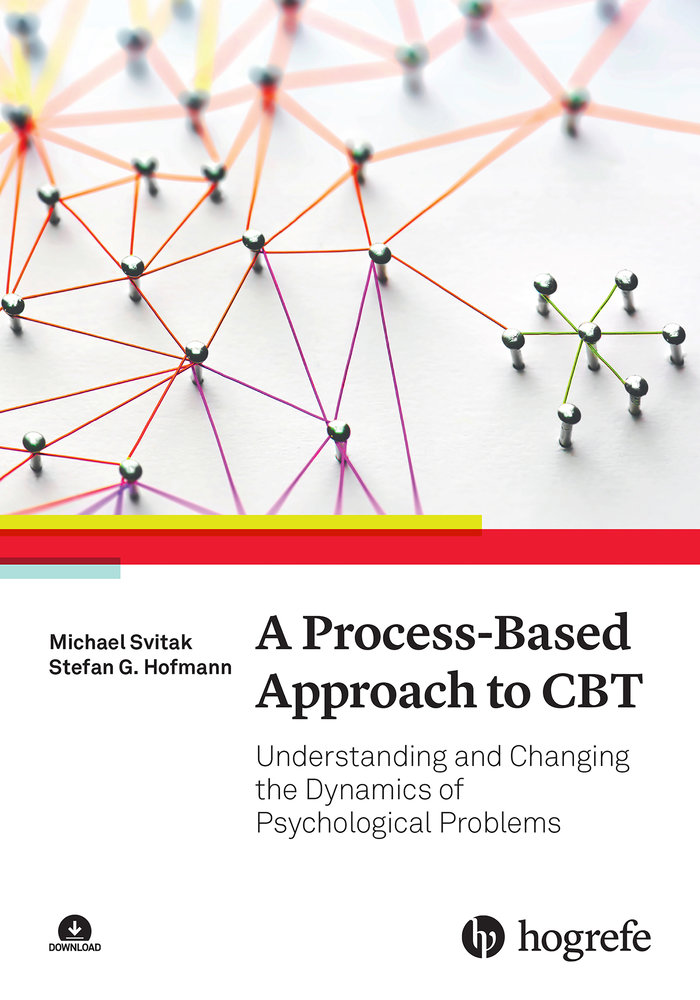Using a process-based approach to personalize CBT for better successPresents a unique dynamic approach to CBTShows how to implement this approachProvides downloadable toolsThe process-based approach to cognitive-behavioral therapy (CBT) is a unique method for understanding psychological problems as complex networks of interacting processes. It allows therapists to grasp the individuality, complexity, and dynamics of psychological disorders - things that often get missed in diagnosis-oriented approaches. The authors, both experienced researchers and practitioners of this method, explore how understanding these complex networks enables therapists using CBT to focus on the core processes responsible for a person's suffering.First, the reader is shown how emotional, cognitive, behavioral, and somatic processes interact in maintaining maladaptive states and how this approach identifies the points at which therapeutic interventions can be applied to achieve maximum leverage. This is followed by guidance on implementing the approach in practice, including addressing diagnostic issues, to create an individual process-based model network for selecting the right evidence-based interventions. The process-based approach forms a connecting foundation that combines classical CBT with third-wave approaches (acceptance commitment therapy, schema therapy) and integrates helpful recent developments in psychotherapy research, such as evolutionary theories. Practitioners will find the downloadable tools in the appendix invaluable for their clinical practice. This book is of interest to clinical psychologists, psychiatrists, psychotherapists, mental health practitioners, students, and trainees.


